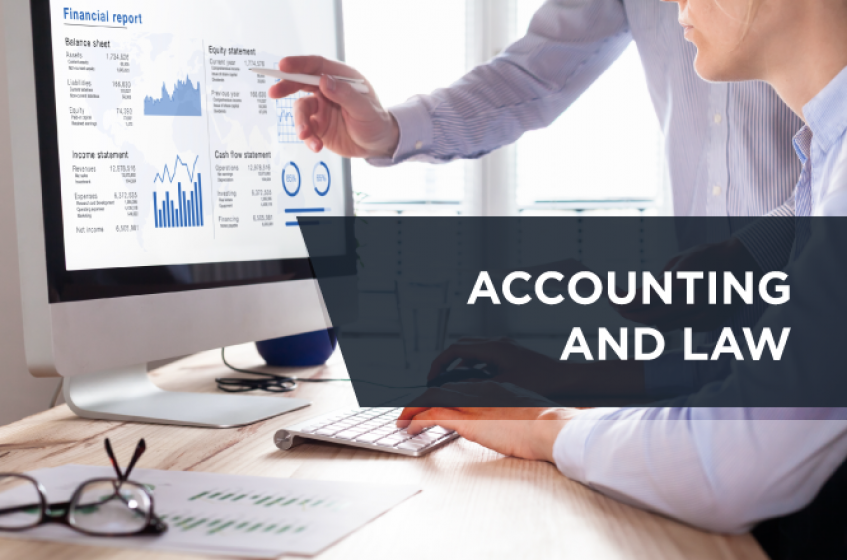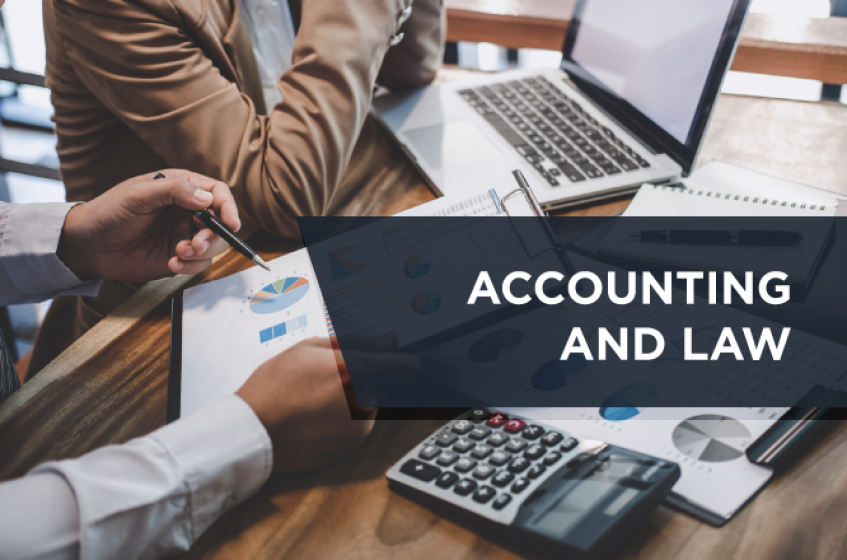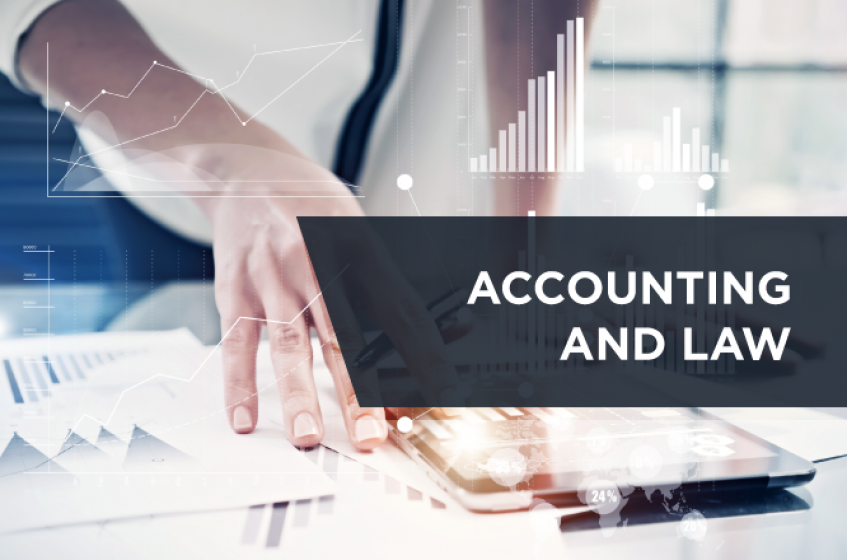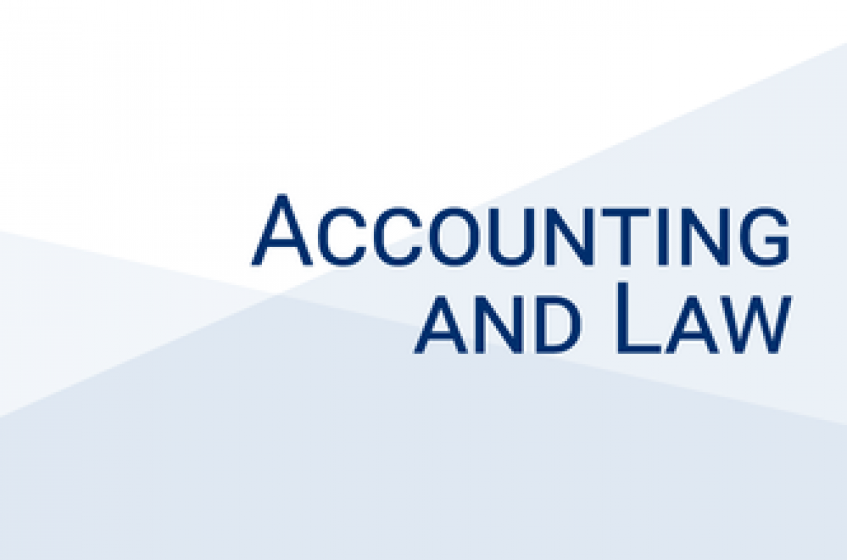The Impact of Accounting Fraud on Auditor Quality Disclosures in Non-Fraudulent Audit Clients
Prof. Like Jiang
Associate Professor in Accounting
Faculty of Business and Economics
The University of Melbourne
Does audit committee change its disclosure practices in response to accounting fraud of peer firms sharing the same auditor? This study examines whether audit clients disclose information about their audit committee’s perception of auditor quality in support of their decision to retain the incumbent auditor after the revelation of accounting fraud at other clients of the same audit office. We find that non-fraudulent clients are more likely to provide such disclosures following the revelation of accounting fraud, relative to control firms audited by audit offices with no clients accused of accounting fraud by the SEC. Such disclosures are more common in non-fraudulent clients that realize higher audit quality before the fraud revelation and those affected by more salient fraud cases. Further analysis suggests that the disclosures enhance investors’ confidence in the audit quality of non-fraudulent clients. Finally, we provide evidence that auditor tenure, expertise, and effort are important factors in determining whether non-fraudulent clients provide disclosures reinforcing auditor quality when retaining auditors rather than dismissing auditors. Overall, our study addresses the role of audit committee disclosures that emphasize auditor quality in mitigating stakeholder concerns arising from accounting fraud at other public firms.











